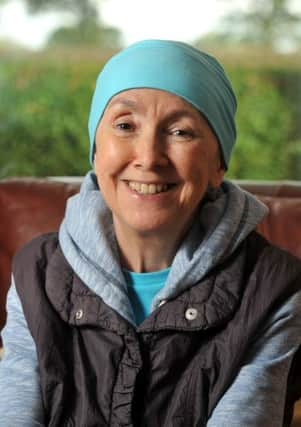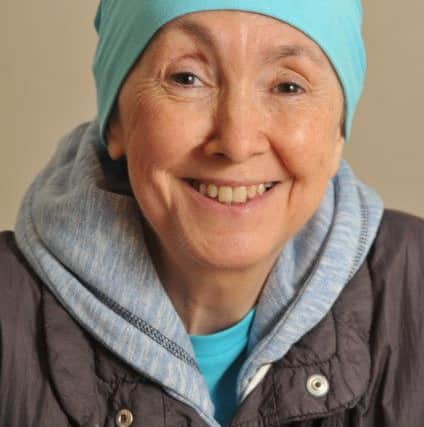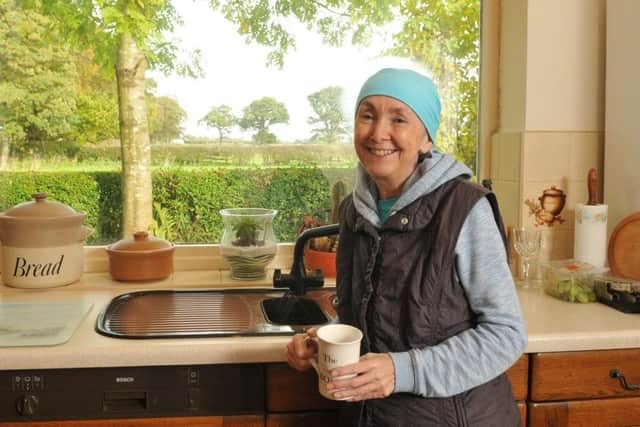'Don't dismiss pains and bloating - it may be ovarian cancer'


WHEN Janet Entwhistle began experiencing a few symptoms such as weight loss and bloating, she was not unduly concerned.
Janet, 54, who lives in Lea, Preston, explains: “I just thought I might have developed an allergy to something, so I just dealt with it with over-the-counter remedies and I changed my diet and cut out bread.”
Advertisement
Hide AdAdvertisement
Hide AdJanet, who was working as an interim lawyer with her own company at the time, says her symptoms got worse and she realised somwthing must be wrong.


She recalls: “I lost my appetite and was not able to eat much as I would feel full very quickly. The bloating became worse and I looked like I was four months pregnant and my stomach felt like it was a hard shell.”
About a year ago, Janet went to see her GP who referred her for a colonoscopy to look inside her.
However, while Janet was waiting for this appointment, she was attended her surgery for a general check-up for people over the age of 50, where, she had a blood test called CA125, which looks for a protein which is present in greater concentration in ovarian cancer cells.
Advertisement
Hide AdAdvertisement
Hide AdJanet says: “The NHS have told doctors a new dictat that when patients see them with what appears to be digestive or dietary problems, they should have this test.


“I was convinced my symptoms were due to an issue with bowel problems because there is a family history of bowel cancer.
“Ovarian cancer is very difficult to detect and is a very insiduous disease.”
Janet’s test showed there were raised indicators for ovarian cancer and she was referred to see a gynaecologist. She had a scan and an internal procedure, but nothing significant was found.
She was then sent for an MRI scan, which showed cancer.
Advertisement
Hide Ad